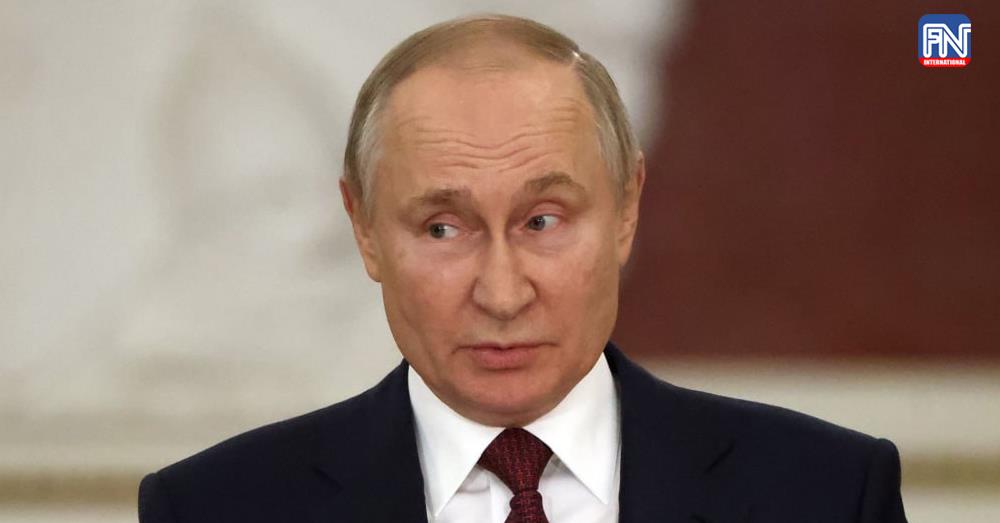MOSCOW, Feb 23 (Reuters) - President Vladimir Putin said Russia will maintain increased attention on boosting its nuclear forces in an address to mark Thursday's Defender of the Fatherland public holiday and a day before the first anniversary of his invasion of Ukraine.
Putin's comments follow his suspension of a bilateral nuclear arms control treaty with the United States.
"As before, we will pay increased attention to strengthening the nuclear triad," said Putin, referring to nuclear missiles based on land, sea and in the air.
Putin said that for the first time, Sarmat intercontinental ballistic missiles - a weapon able to carry multiple nuclear warheads - would be deployed this year.
"We will continue mass production of air-based hypersonic Kinzhal systems and will start mass supplies of sea-based Zircon hypersonic missiles," Putin said in the remarks issued by the Kremlin early on Thursday.
Russia is due to begin military exercises with China in South Africa on Friday and has sent a frigate equipped with the hypersonic missiles.
On the eve of the Feb. 24 anniversary of the invasion of Ukraine, Putin and U.S. President Joe Biden had engaged in verbal sparring, highlighting the global tensions between the superpowers.
Putin suspended the New START (Strategic Arms Reduction Treaty) with the United States on Tuesday, accusing it of turning the war into a global conflict by arming Ukraine.
In a surprise visit to Kyiv on Monday, Biden said the United States and its NATO allies were defending democracy and freedom in Ukraine.
In Warsaw on Wednesday, Biden warned the suspension of START was a "big mistake" but said, "I don't read into that that he's thinking of using nuclear weapons or anything like that."
A senior Russian defence official said that Moscow would stick to agreed limits on nuclear missiles and keep informing the United States about changes in its deployments.
After meeting leaders of NATO's eastern flank in Warsaw, Biden promised that the United States "will defend literally every inch of NATO", the military alliance that includes some Eastern European countries bordering Russia.
The Kremlin says it regards NATO, which could soon expand to include Sweden and Finland, as an existential threat to Russia.
The Ukraine war, the biggest land conflict in Europe since World War Two, has displaced millions, left Ukrainian cities, towns and villages in ruins and disrupted the global economy.
U.N. Secretary-General Antonio Guterres on Wednesday denounced Russia's invasion as a violation of the founding U.N. Charter and international law and called out its threats about the possible use of nuclear weapons.
In two speeches last September, Putin indicated that he would, if needed, use nuclear weapons to defend Russia.
"We have heard implicit threats to use nuclear weapons. The so-called tactical use of nuclear weapons is utterly unacceptable. It is high time to step back from the brink," Guterres said.
